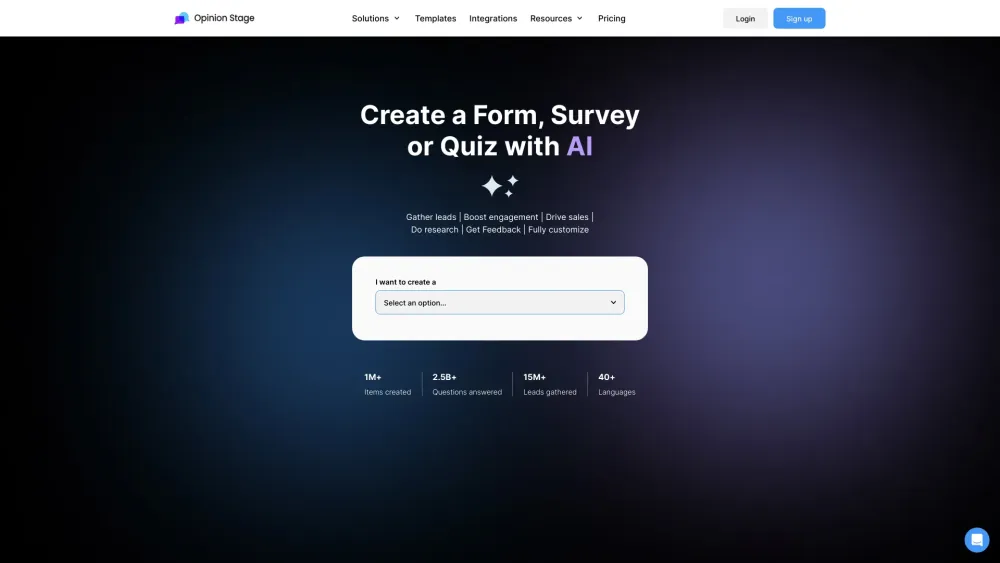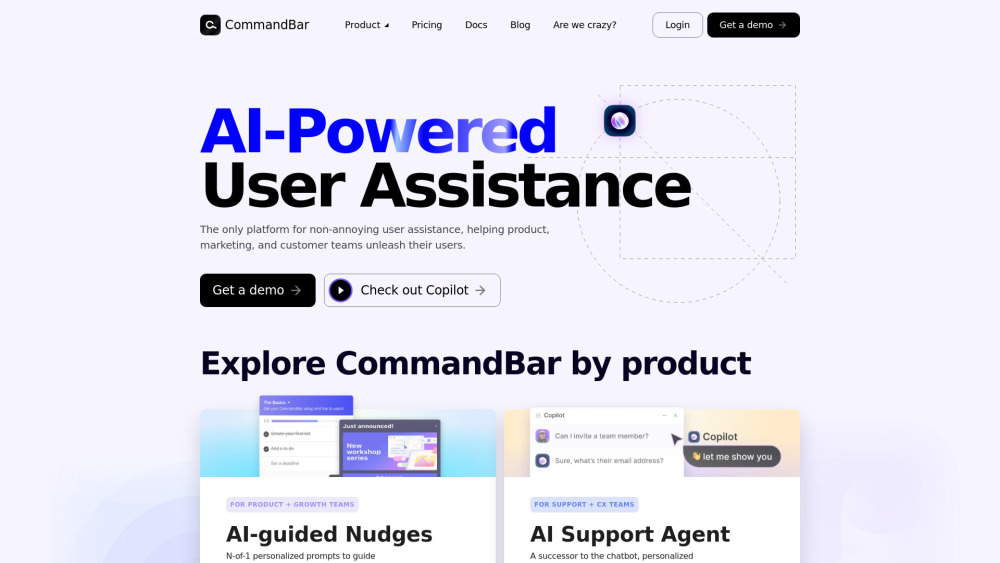Three days following the unexpected dismissal of Sam Altman as CEO of OpenAI, the AI community was left grappling with confusion and uncertainty. Amid this turmoil, tech mogul Elon Musk posed a critical question to OpenAI's Chief Scientist, Ilya Sutskever, on X (formerly Twitter): “Why did you take such a drastic action? If OpenAI is doing something potentially dangerous to humanity, the world needs to know.”
Sutskever, who had played a significant role in Altman’s ousting, reportedly expressed concerns over the rapid commercialization of OpenAI’s technology. Just months prior, the organization achieved a significant breakthrough that positioned them to develop more powerful AI models, as reported by The Information. This advance raised alarms within Sutskever and the Board of the nonprofit parent organization, who feared that existing safeguards were insufficient to protect against the implications of these advanced models. In their view, the only viable solution was to remove Altman, perceived as the driving force behind this accelerated commercialization.
This breakthrough, referred to as Q* (or Q-star), represented a pivotal technical milestone in AI development. It allowed models to solve fundamental mathematical problems they had never encountered before. While current generative AI systems yield variable results based on input prompts, mathematics operates with singular correct answers. This advancement suggests that AI could be approaching reasoning capabilities comparable to human intelligence, as noted by Reuters.
The implications of such advancements bring AI closer to achieving artificial general intelligence (AGI)—a state where machines can reason similarly to humans. However, within the AI landscape, a divide has emerged. One prominent faction, championed by the so-called godfather of AI, warns that AGI poses existential risks to humanity unless accompanied by robust regulations.
In stark contrast, Meta's Chief AI Scientist, Yann LeCun, strongly opposes this notion. He publicly dismissed concerns over Q*, calling them “complete nonsense” and asserting that many leading AI labs—such as FAIR, DeepMind, and OpenAI—are exploring similar pathways and have already shared their findings.
LeCun stands as a formidable voice against the belief that AGI could usher in humanity's downfall. He argues that possessing superintelligence does not inherently compel an entity to dominate those with lesser intelligence. Drawing parallels to corporate structures, he suggests that leaders often manage teams more intellectually capable than themselves, negating the assumption that superior intelligence equates to a desire for conquest.
He further emphasizes that machines lack social instincts and do not possess ambitions to overpower humanity. “Intelligence has nothing to do with the desire to dominate,” LeCun argued in a recent online discourse. Rather, he envisions superintelligent AI as beneficial partners that enhance human capabilities.
Summarizing his perspective on AGI, LeCun proposed the following points:
- Superhuman AI will undoubtedly emerge in the future.
- These AI systems will be under human control.
- They will not pose a threat to humanity or seek to harm us.
- They will facilitate our interactions with the digital realm.
- Consequently, they must operate as open platforms, allowing contributions from diverse creators for training and refinement.
As discussions surrounding the implications of AI advancements continue to unfold, the debate between potential risks and optimistic opportunities remains pertinent. The future intersection of technology and human intelligence will ultimately determine the trajectory of AI’s role in society.





